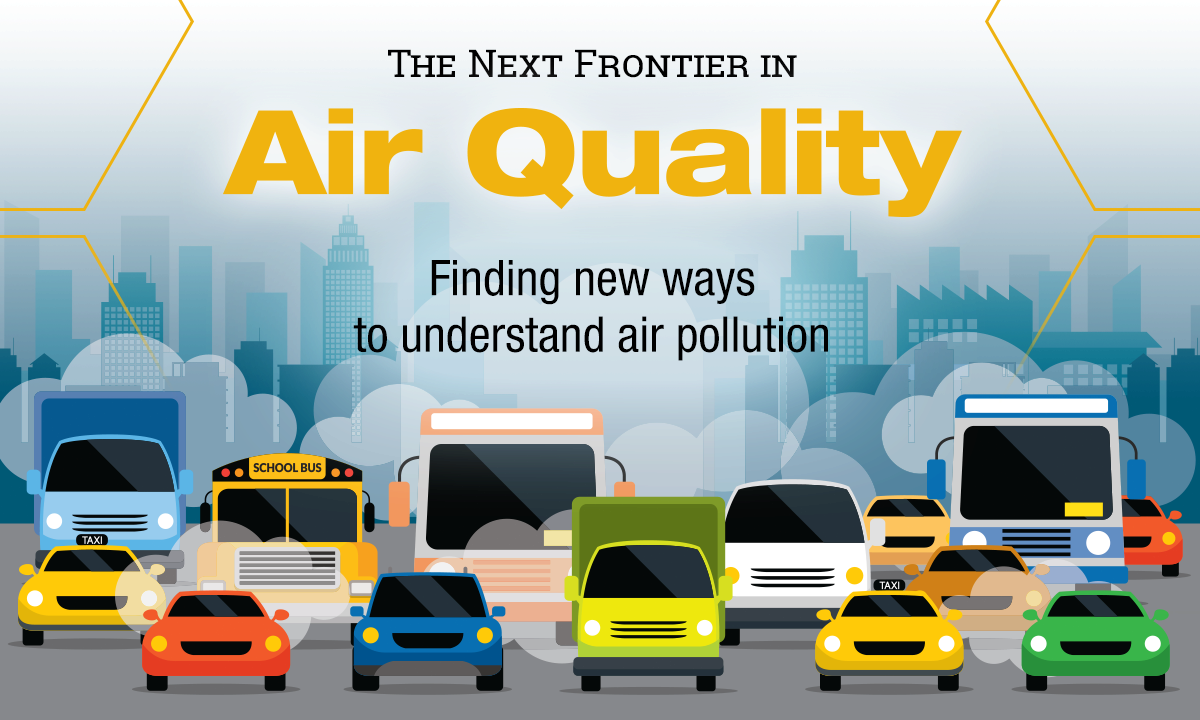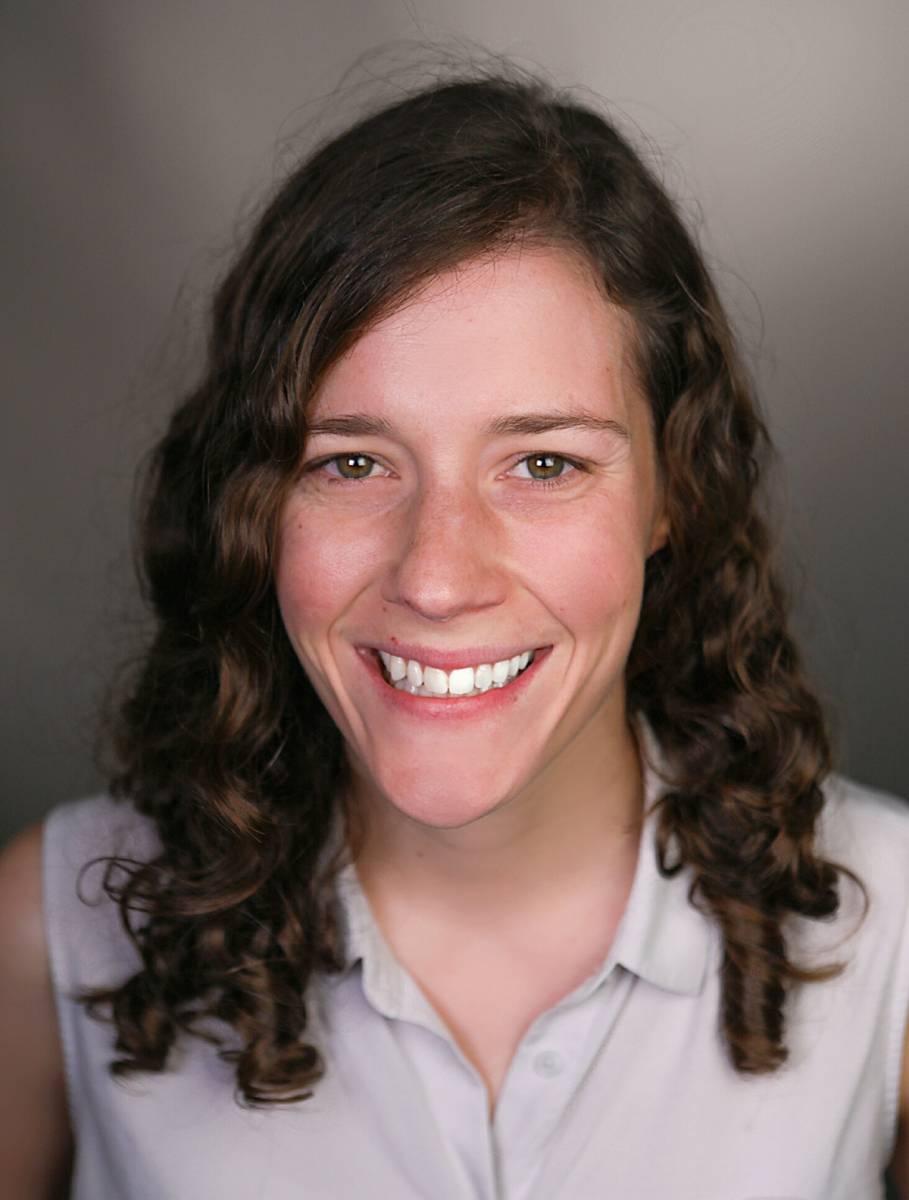By studying the precursors to air pollution, Jennifer Kaiser strives to reshape environmental policy and create healthier cities.

Twenty-two. That’s where Atlanta was ranked in 2018 on the list of cities in the U.S. with the most dust, dirt, smoke and other particles in the air, according to the American Lung Association. The city was also ranked No. 23 for ozone pollution.
Pollution is one of the world’s leading causes of death, and two of the most problematic pollutants in the United States are ozone and particulate matter — those airborne particles of dust, pollen, soot, and smoke that can be hazardous.
Atlanta’s pollutants create a perfect research setting for Jennifer Kaiser, an assistant professor in the School of Civil and Environmental Engineering at Georgia Tech. Kaiser leads research focused on the emissions and chemistry of air pollutants, working to understand how nature and humans contribute to air pollution. Understanding those processes, she said, will help local, regional and global leaders make better policy.
“I study volatile organic compounds, VOCs, which are precursors to air pollution,” Kaiser said. “I deploy instrumentation to measure specific chemical compounds and use these measurements, alongside satellite observations and global chemical transport models, to create a more complete picture of the processes controlling air quality.”
In particular, Kaiser is interested in a specific organic compound: formaldehyde. The colorless, pungent gas occurs naturally in the environment, the result of the metabolic processes of humans and other living organisms. It’s also a byproduct of cooking and smoking and used in household products and construction materials.
Although it is normally found in small concentrations in the air or within the human body, larger concentrations can be carcinogenic. Kaiser uses formaldehyde to trace the presence of VOCs in the environment.
“Formaldehyde is typically a secondary pollutant, meaning that most formaldehyde isn’t directly emitted into the atmosphere, but formed from the chemistry of VOCs,” Kaiser said. “VOCs are one of the main ingredients for ozone and particulate matter, and if we can understand formaldehyde, we might be able to understand VOCs and air quality.”
Kaiser said Atlanta offers her an ideal opportunity to continue her work, thanks to the city’s notorious traffic and sprawling urbanization. Its perhaps most-unique feature, the abundance of trees, also are important to Kaiser, though not the way you might think.
Those trees all emit VOCs, and as the temperature increases in the city, the trees emit more. That allows Kaiser to study the effects these emissions have on ozone levels, while also helping her form a picture of the influence of climate change on air pollution.
“My research is guided in part by what’s happening in the world,” Kaiser said. “For example, if air quality regulations change, or if new technologies create new emissions, I want to be ready with accurate, predictive models to understand how these changes will affect what we breathe.”
Along with her chemical compound studies, Kaiser relies on atmospheric satellite data for pollution monitoring and the creation of these predictive models. She primarily utilizes public satellite data to measure chemical or gas emissions and map them.
“Space-based observations will be a large part of the future of air-quality monitoring, but first we need to make sure we understand how to interpret the observations,” Kaiser said. “Atlanta is a hot spot of both biogenic [natural] and anthropogenic [human-caused] emissions, so it's a great place to compare satellite observations with on-the-ground measurements.”
Eventually, Kaiser will use those correlations to create more accurate models for predicting air quality. Those models will help scientists and community leaders understand the relationship between air quality and residents’ health. They’ll also provide important insights into the relationship between pollution and climate change — locally and globally.
“My goals are to understand VOC sources, develop models for cities and academic communities, and eventually to shape public policy,” Kaiser said. “I also hope to build a monitoring network surrounding Atlanta within the next two to five years to track pollutants and understand satellite observations, eventually ranging out to a global scale.”
